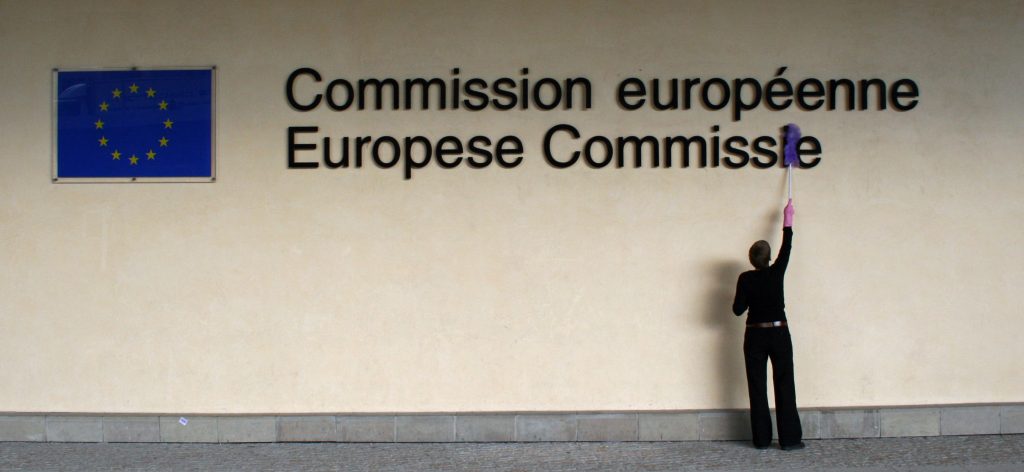A key European transparency law is under threat, according to environmental and transparency organisations. In a letter to the European Council, civil society warn that the current state of negotiations around the access to documents regulation could make it even more difficult for civil society to participate in EU decision making. Any changes to the current regulation should be in line with the European Treaties and international standards.
The text put forward by the Danish Presidency – which forms the basis of the negotiations – is of such concern, that in a rare move even some of the ministers involved in negotiations have publicly criticised it.
Echoing the Ministers’ concerns, environmental and transparency organisations fear the current negotiations could further weaken one of Europe’s key transparency laws. The organisations voiced their concerns ahead of talks in the Council Working Party on Friday 8 June.
“The proposed changes violate international standards on the right of access to information and are clearly contrary to the fundamental right of access to documents established by the EU treaties post Lisbon,” commented Helen Darbishire of Access Info Europe.
Anais Berthier, Environmental Justice Lawyer at Client Earth added “Some of these proposals would restrict the right of access to documents so drastically that they would be in complete violation of the Aarhus Convention. If the EU institutions have nothing to hide why are they so determined to deprive citizens of their basic democratic right to information?”
Jeremy Wates, Secretary General of the EEB commented “The 2008 Commission proposal for the recast was already a step backwards, but now the Danish Presidency, instead of moving to improve transparency, seem determined to restrict access to documents. Is it any wonder that ordinary Europeans feel alienated from the EU?”
Of particular concern, are three further limitations of access to documents – the proposed definition of a document which unduly restricts the categories of documents that would be made publicly accessible, and the proposal to introduce block exceptions would exclude entire classes of documents such as those related to infringement proceedings, selection of EU staff and investigations. Lastly, when requesting access to legal advice, the burden is put on the citizen to prove that there is an overriding public interest in those documents, without having seen them.







